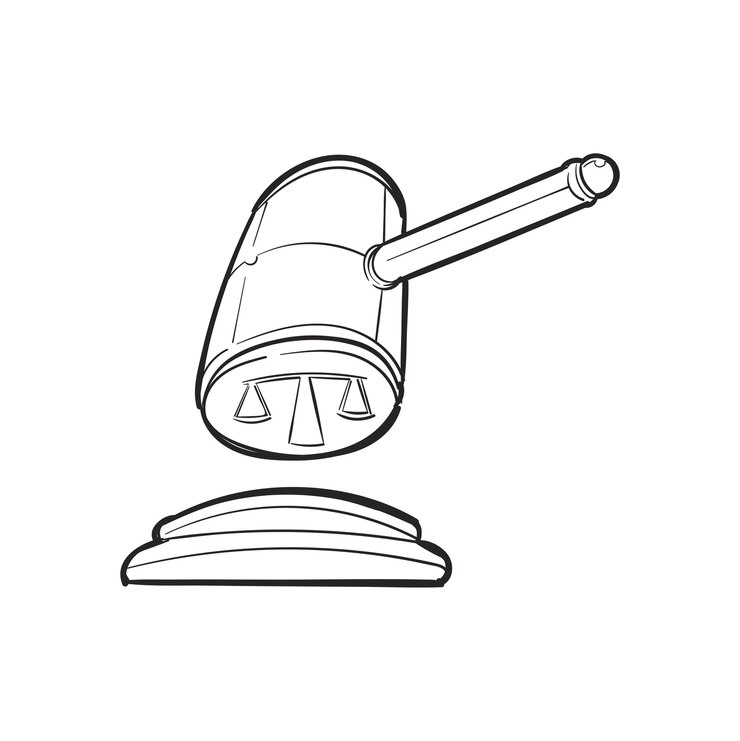Table of Contents
What is Advocacy?
Advocacy is the act of speaking, writing, or acting in support of a cause, policy, or individual. It is an essential component of democracy, providing a voice to those who might otherwise be marginalized or overlooked. Advocacy can take many forms, including lobbying government officials, launching public awareness campaigns, or providing direct support to individuals in need. Whether conducted by individuals, grassroots organizations, or large NGOs, advocacy is about making positive changes in society.
Its importance in society
Advocacy plays a critical role in driving social change. It helps to amplify the voices of the underrepresented and holds those in power accountable. Advocacy can lead to significant policy changes, increased awareness of important issues, and the mobilization of resources to address societal needs. Without advocacy, many critical issues like climate change, human rights, and public health might not receive the attention they deserve.

Types of Advocacy
Individual :
This involves supporting an individual or a small group in addressing specific issues, such as helping someone navigate the healthcare system or advocating for a child in school.
Community:
Focused on broader issues affecting a community, this type of advocacy might involve campaigns to improve local services, reduce crime, or protect community rights.
Political :
Often involves lobbying government officials or influencing policy decisions at the local, state, or national levels. This type of advocacy is critical for enacting laws and regulations that reflect the needs of the population.

Legal :
Involves the use of the legal system to protect rights, challenge injustices, or promote change. This can include filing lawsuits, representing clients in court, or working to change laws.
How to Get Involved in Advocacy
Getting involved in advocacy doesn’t require a formal role or extensive experience. Anyone can be an advocate by:
– Educating Yourself:
Learn about the issues that matter to you. Understanding the facts, the stakeholders, and the potential solutions is the first step in becoming an effective advocate.
-Joining Organizations:
Many organizations focus on specific advocacy issues. Joining one can provide resources, support, and opportunities to participate in campaigns and actions.
-Using Your Voice:
Speak out on issues that matter to you. This could be through social media, writing to your local representatives, or participating in public forums and demonstrations.
– Volunteering:
Many advocacy groups rely on volunteers to support their work. By volunteering, you can contribute your time and skills to causes you care about.

The Future of Advocacy
is likely to be shaped by technological advancements and increased global connectivity. Digital platforms have already revolutionized how advocacy campaigns are conducted, allowing for the rapid spread of information and the mobilization of supporters across the globe. As issues like climate change, inequality, and human rights continue to dominate the global agenda, advocacy will remain a vital tool for driving change and holding leaders accountable.
In conclusion, advocacy is a powerful mechanism for societal change. Whether you’re passionate about environmental conservation, social justice, or public health, becoming an advocate allows you to contribute to making the world a better place.







